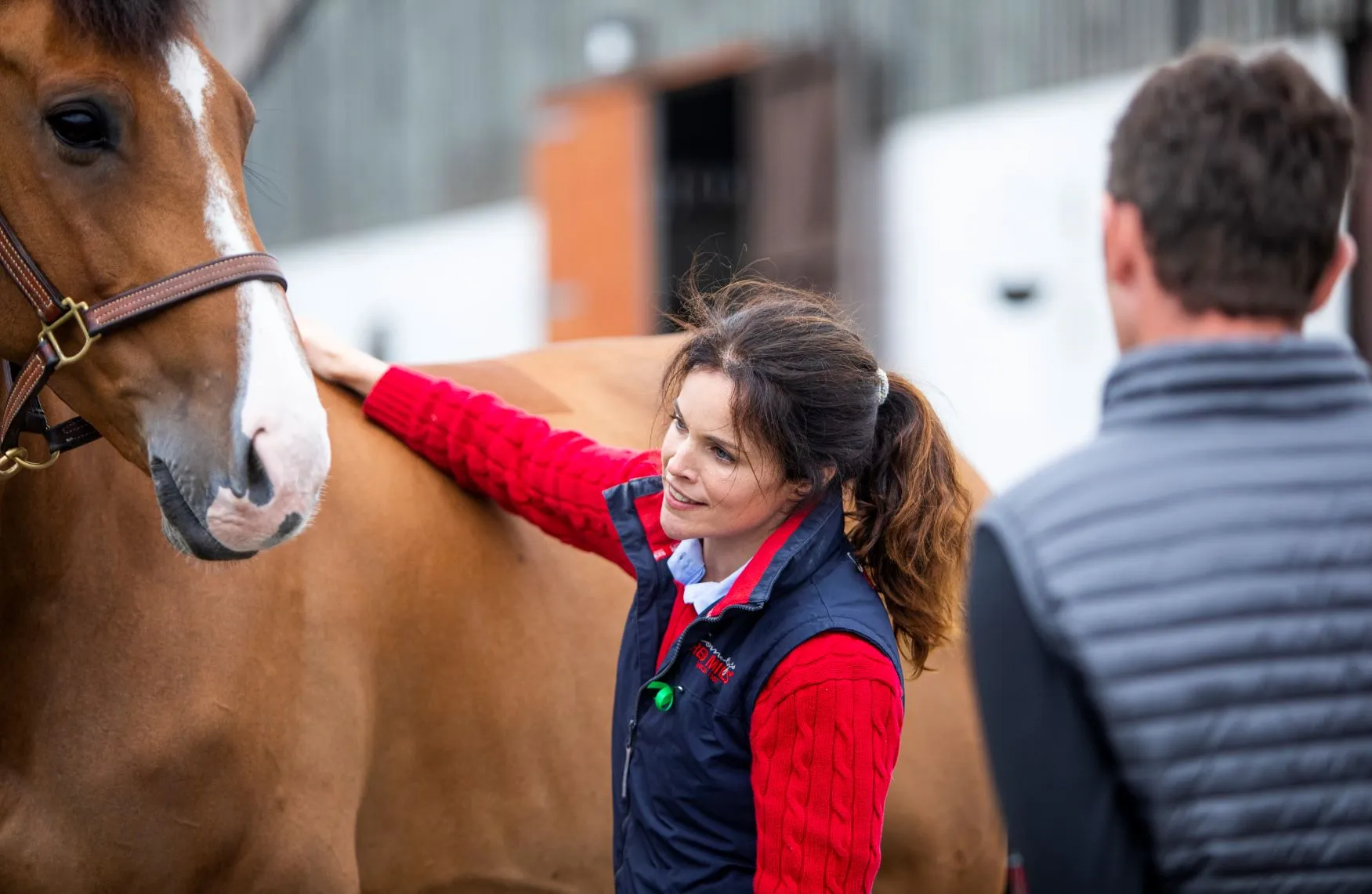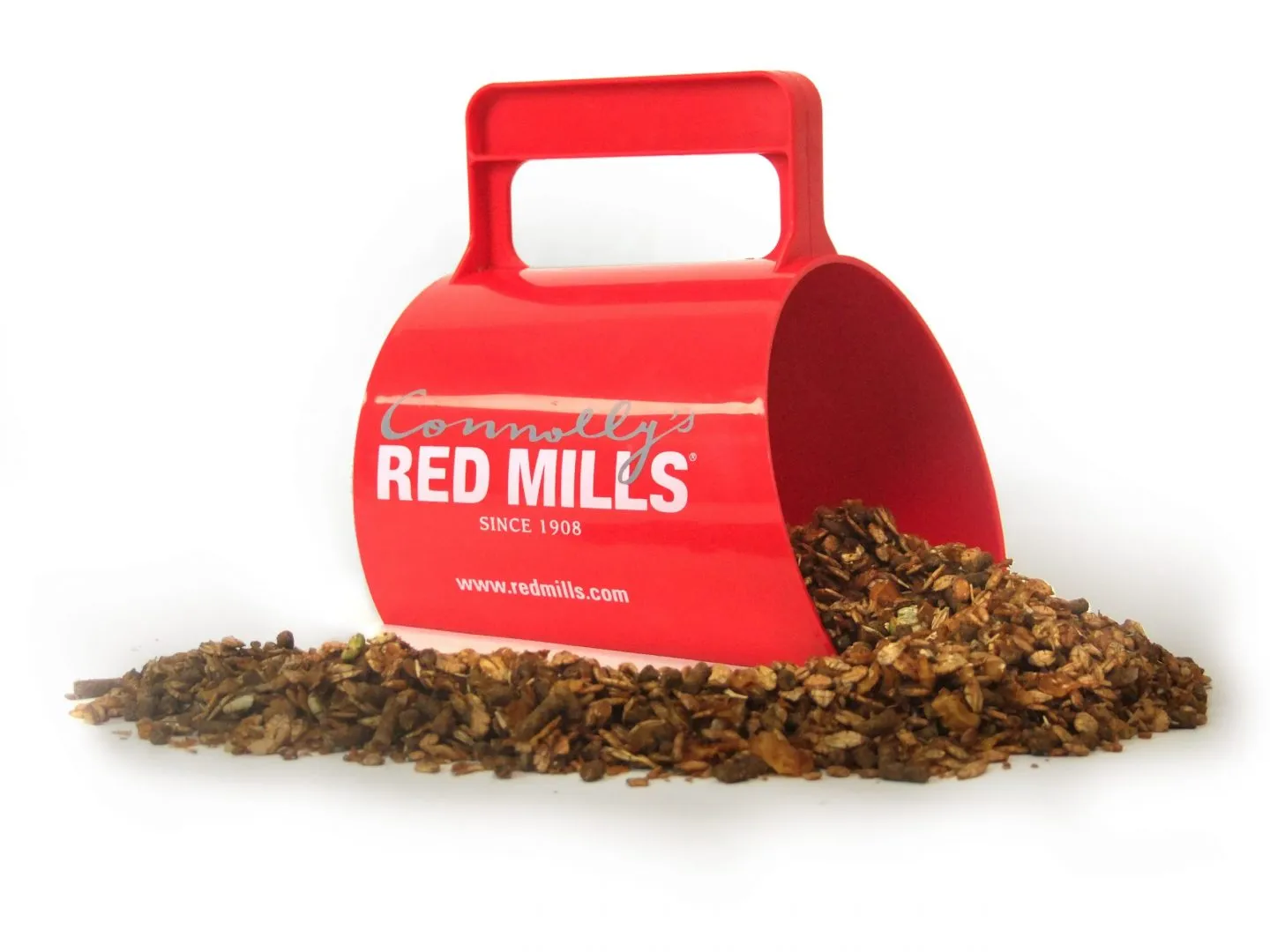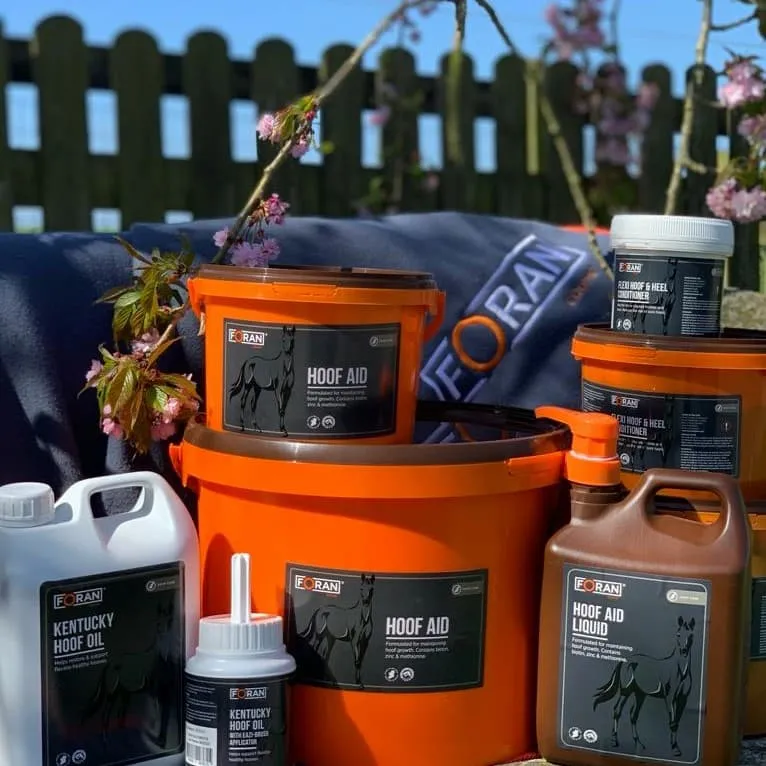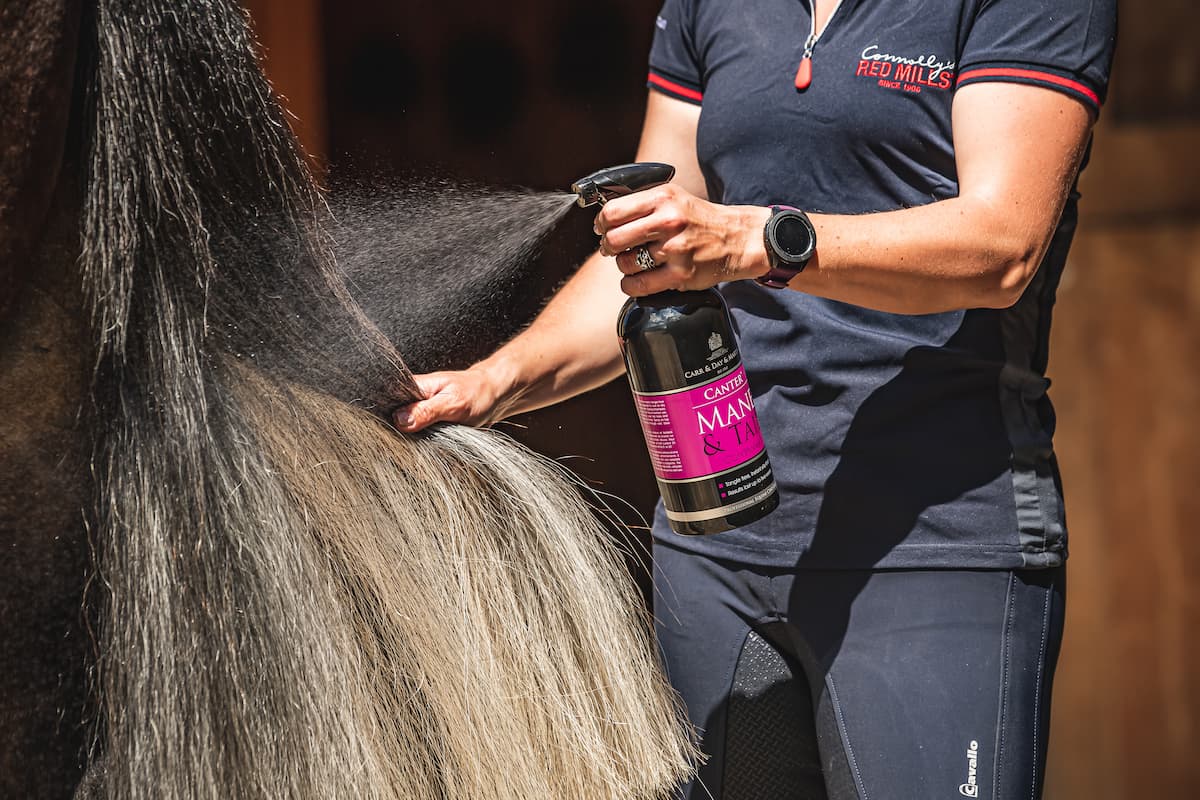Nov, 2018
You may be familiar with the term prohibited substances, which is defined as ‘any substance that can exert an effect on a horse’. Naturally Occurring Prohibited Substances (NOPS) are prohibited substances that are naturally occurring in plants. Consequentially, there is always a risk that the raw materials used to make horse feed may be contaminated with small quantities of NOPS.

Drug tests can detect NOPS and if they are present in the urine, which will depend on the amount consumed and the length of time between ingestion and sampling, it will cause a positive test. Although NOPS may not intentionally be fed to a horse if a positive test result is found it may result in disqualification. NOPS commonly associated with feed include Morphine, found in poppy seeds, and Caffeine, found in cacao, tea and coffee. More recently, a list of herbal NOPS has also been introduced and includes substances such as Reserpine, which is found in Indian Snakeroot/Devil’s Pepper. Certain NOPS have accepted thresholds however these vary by country and regulating body.

When can NOPS contamination occur?
Contamination principally occurs due to the accidental introduction of an ingredient containing a naturally occurring prohibited substance, for example, contamination with weeds containing prohibited substances during the growth of cereals or other ingredients. Inadvertent contamination can also occur during harvest through the sharing of equipment or storage facilities or due to cross-contamination during shipping or transport to the mill. On the yard NOPS contamination can occur through substances used by humans, namely caffeine and nicotine.
How do RED MILLS test for NOPS?
At Connolly’s RED MILLS we were one of the first feed manufacturers to have an on-site laboratory to test for product quality, including NOPS. As NOPS occur naturally and can find their way to the animal via the food chain, RED MILLS have the most stringent testing in place. Our testing technologies are the same as those used by the Olympic Council and forensic bodies around the world. We use Liquid Chromatography Mass Spectrometry (LCMS) to ensure strict compliance with the regulations of the leading sporting bodies such as the FEI, BHA and Irish Turf Club.
All incoming raw materials are screened through the on-site laboratory for the presence of the commonly found NOPS before being introduced into the production system. These controls are critical to ensure that that the risk of these substances being found in the finished product is drastically reduced. Further to this Connolly’s RED MILLS is a medication free mill, which again reduces the risk of contamination.
Each batch of manufactured horse feed is also tested using LCMS technology. Our products are subject to a ‘positive release’ quality control process, meaning that each batch will only be released for distribution once the testing is complete. We also use a batch-tracking system, which allow us to instantly check the manufacturing provenance of any RED MILLS products.
The BETA NOPS Code
As NOPS are an on-going concern and require careful monitoring of raw materials, it has become the manufacturer’s responsibility to assess raw materials. The BETA NOPS Code is a voluntary scheme for companies who wish to demonstrate that they conform to current best practice in minimising the risk of contamination by NOPS in equine feeds. The BETA NOPS Code, whilst not a guarantee, requires the manufacturer to continually evaluate the risk of a NOPS contamination at every step of the sourcing, storage, transport and manufacturing processes. Companies are required to be undergo an annual independent audit, which includes traceability, testing procedures and risk management.
With the stringent testing in place at RED MILLS we are a member of the BETA NOPS scheme, you can find the logo on all our bags of equine feed.
Top tips to minimise the risk of NOPS
- Ensure that you buy feed and supplements from companies are registered with the BETA NOPS Assurance Scheme
- Be careful about eating or drinking near horse feed products – something as innocent as a can of coke, coffee, chocolate or bakery product containing poppy seeds could lead to accidental cross contamination
- Record the batch numbers of your feed and supplements together and retain samples of each batch. This ensures traceability in the unlikely event of a positive report
- Keep medicines and first aid products away from the feed and feeding equipment to prevent any cross contamination
- Highlight good practice – don’t share buckets, scoops and stirrers, especially if medication is being used for some horses.
Contact our sales team via WhatsApp or email

Nicolas Gaumerais
Group Commercial Manager GCC Region
Based in the UAE, Nicolas Gaumerais is the Commercial Manager of Connolly's RED MILLS Group which includes Connolly's RED MILLS horse feeds and Foran Equine supplements sold in the GCC region. Nicholas regularly travels across the Gulf to meet customers.

Dominic Bligh
Group Commercial and Technical Executive GCC Region
Alternatively, reach out to Dominic Bligh who offers nutritional & technical support for Connolly's REDMILLS Feed and Foran Equine supplements. Dominic is also the Commercial Manager for Foran Equine Supplements. He regularly visits client's stables in the Middle East to advise on bespoke feeding programmes.
